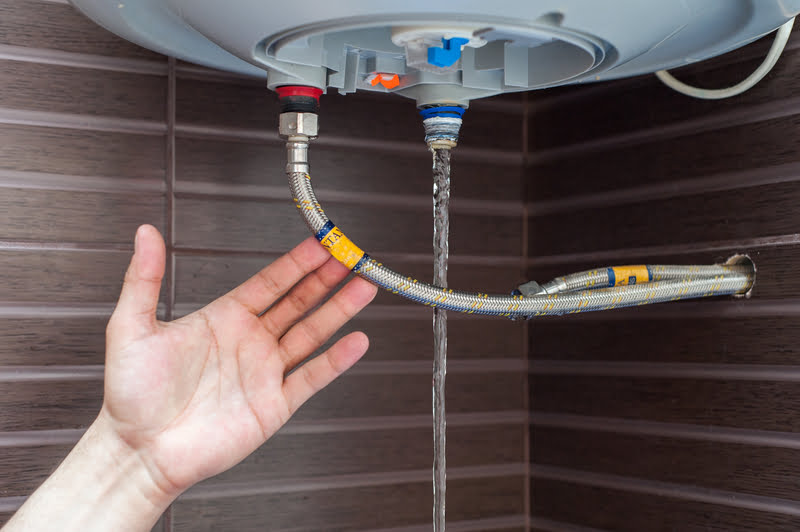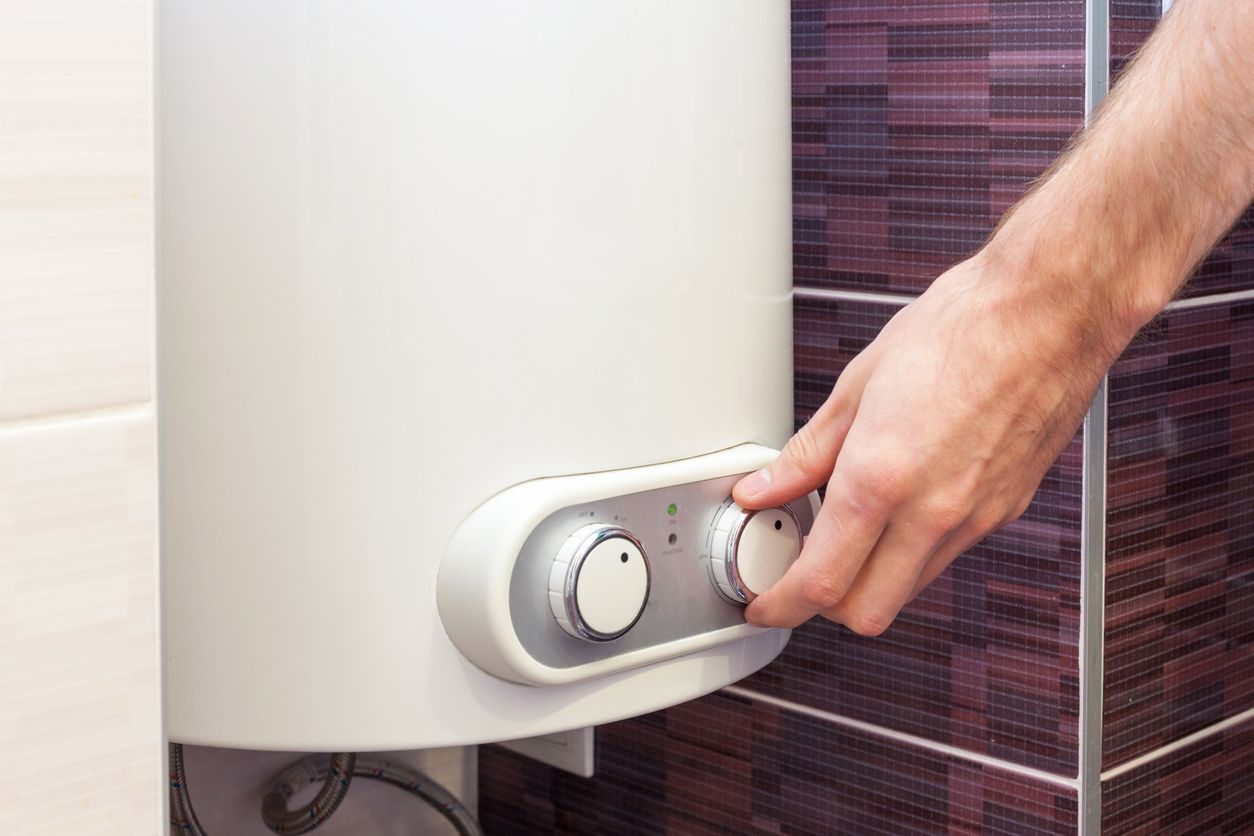Handling the Everyday Heater Urgent Problems
Handling the Everyday Heater Urgent Problems
Blog Article
Are you hunting for related information about Warning Signs You Need Water Heater Repairs?

A hot water heater is one of the most important standard devices that can be located in a residence. With hot water heater, you don't require to go through the stress of heating water manually every single time there is a need to take a bath, wash, or the meals. However, there is constantly an opportunity that your water heater would certainly break down just like many mechanical devices.
It is very important to note any kind of little breakdown and also tackle it promptly prior to points get out of hand. A lot of times, your hot water heater starts to malfunction when there is an accumulation of sediments as a result of constant usage. As a preventative measure, periodic flushing of your water heater is recommended to stop sediment accumulation and prevent functional failure.
Common water heater emergencies as well as exactly how to manage them
Too little hot water
It may be that the water heating system can't support the warm water demand for your home. You might update your water heating unit to one with a bigger capability.
Fluctuating water temperature level.
Your water heating system could start producing water of different temperatures typically ice scalding or chilly hot. There may be a need to replace either the home heating or the thermostat device of your water heating unit.
Leaky water heater container.
In this situation, you ought to turn off your water heater, allow it to cool down, and also carefully look for the source of the issue. At times, all you need to do is to tighten up a couple of screws or pipe links in instances of minor leaks. If this does not work as well as the leak persists, you could need to use the solutions of a specialist for a proper substitute.
Discolored or smelly water
When this takes place, you require to recognize if the problem is from the water or the tank resource. You are specific that it is your water heating unit that is damaged if there is no amusing smell when you run cool water. The stinky water can be caused by rust or the accumulation of bacteria or sediments in the water heater tank. You can attempt flushing out your storage tank or replacing the anode if the problem persists once you discover this. The function of the anode is to clean microorganisms from your storage tank. Because the anode rod replacement needs a comprehensive understanding of your water heater, you will certainly need the help of an expert.
Final thought
Some homeowners disregard little caution as well as minor faults in their hot water heater system. This only brings about more damages as well as a feasible complete failure of your home appliance. You ought to handle your water heater mistakes as soon as they come near prevent even more expenditures and also unnecessary emergency difficulties.
With water heaters, you do not require to go via the stress and anxiety of heating water manually every time there is a need to take a bath, do the laundry, or the dishes. It might be that the water heating system can not sustain the hot water demand for your apartment. Your water heating system might start generating water of different temperature levels typically ice hot or chilly warm. If there is no amusing odor when you run chilly water, after that you are particular that it is your water heating unit that is malfunctioning. The smelly water can be caused by rust or the buildup of bacteria or debris in the water heating system container.
Water Heater Burst: Why This Happens And What To Do Next
Water Heater Explosion Warning Signs
Since storage water heaters are made of metal and store large volumes of heated water, they carry an increased risk of leaking or even exploding as they begin to rust at the fittings and seams over time. If the thermostat controlling the water temperature within the tank is faulty, or if mineral buildup inside the water heater prevents the thermostat from sensing the water’s temperature correctly, the water could become overheated. This will expand its volume within the tank, causing it to press at the tank’s fittings and seams. If these fittings and seams are rusted or corroded, the pressure could result in a leak or even an explosion.
Here are some risk factors and warning signs of an increased risk of water heater leak or explosion:
Your water heater is more than 10 years old. Your water heater makes clanking, banging or rumbling noises as it heats up, indicating that sediment has built up and hardened inside the tank. There is visible rust on the outside of the water heater, especially located at the pipe fittings or the seams that run down the tank. There is rusty water coming from your water heater, indicating that there may be rust building up inside. Your water heater is leaking, which could indicate either a crack somewhere in the tank or a malfunctioning temperature-and-pressure (T&P) relief valve. What To Do When Water Heater Leaks
If you find water dripping or seeping out of your water heater, or pooling around it, it means your water heater is leaking. If you find a leak, it may be best to call a plumbing professional to diagnose the problem and determine how best to handle it. If you choose to tackle it on your own, there are a few things you can do.
TURN OFF THE POWER
Next, shut off the power to the hot water tank at your home’s electrical breaker box. If you don’t shut off the power, the heating elements within the tank could continue to stay hot, which could pose a fire risk.
If you have a gas-powered water heater, you’ll also need to shut off the gas line leading into the tank.
FIND THE LEAK
Now it’s time to determine where the leak is coming from. Likely locations are the T&P valve, the drain valve or one of the pipes or fittings that feed into the top of the tank. If you see any rust or corrosion on the outside of your water heater’s tank, pipes or fittings, these could also be the source of the leak.
REPAIR THE LEAK
Once you determine the source of your water heater leak, you’ll have a better idea of what steps you need to take to fix the problem. It may be a simple fix—such as using a wrench to tighten fittings or replacing the T&P valve—but it may be something more complicated. You may even need to drain the tank, remove the water heater and install a new one.
https://www.abchomeandcommercial.com/blog/water-heater-burst/

We are very fascinated with Warning Signs You Need Water Heater Repairs and I really hope you liked the entire page. Enjoyed our review? Please share it. Help other people locate it. Many thanks for taking the time to read it.
Clog problems? Inform. Report this page